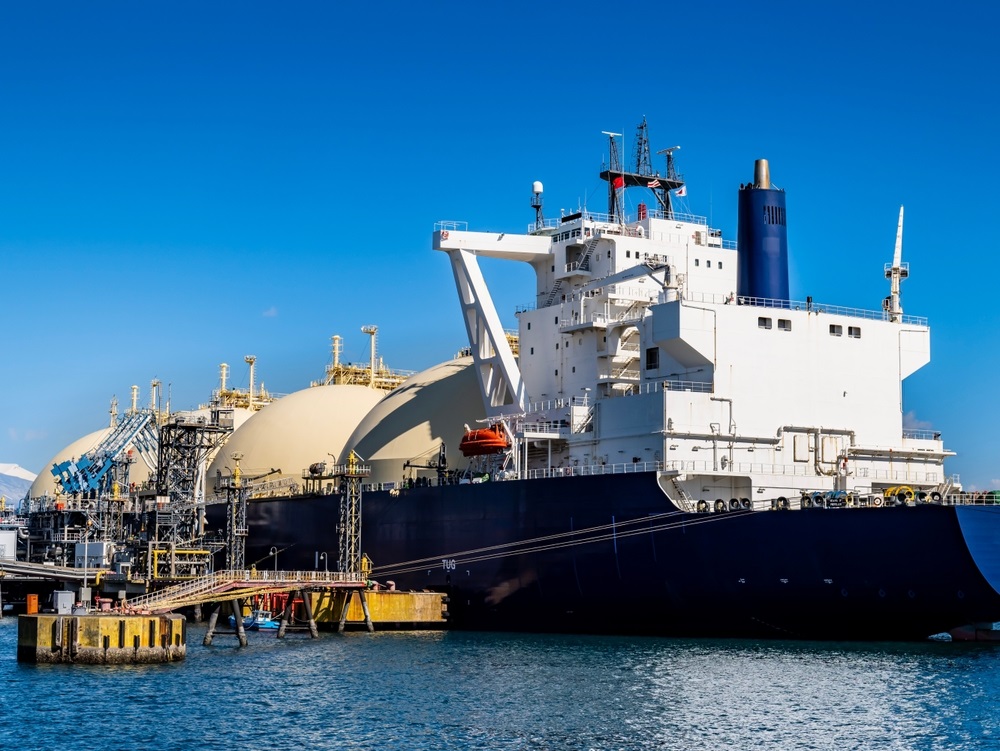The supply of liquefied natural gas (LNG) for bunkering increased by 62% worldwide last year, reaching 4.7 million cubic meters, a trend that continues into 2024, with projections to exceed 7 million cubic meters. There are already more than 2,400 vessels equipped to operate with LNG, and another thousand under construction, making it the main choice for dual-fuel ships in maritime transport. Approximately half of these are LNG carriers, meaning they transport the liquefied gas at a constant temperature of -163°C and use evaporated gas as fuel.
International regulations aiming for decarbonization, included in maritime transport, the competitive price of LNG, and the expansion of infrastructure for its supply are the key reasons behind the rise of this alternative fuel to more polluting energy sources.
Three methods are used for LNG bunkering operations: truck-to-ship, pipeline-to-ship, and ship-to-ship (STS), with the latter being the most common, and it is expected that these will continue to rise as more ports offer this service. In Europe, 85 port facilities perform LNG bunkering, and they are strengthening STS infrastructure.

The Port of Barcelona commits to LNG bunkering
One example is the Port of Barcelona, which approached 200 operations in 2023, totalling 143,000 m³, a 220% increase compared to 2021, the last reference year, considering the decline in 2022 due to the price hikes caused by the war in Ukraine.
Thus, LNG bunkering already represents nearly 6% of the total fuel supply to ships, a very significant amount when compared to 0.2% in 2021. The reasons for the growth include the commissioning of a barge specialized in STS bunkering and the gradual adoption of this fuel by shipping companies operating at the port.
Almost all bunkering operations so far have been performed on passenger ships. At the end of 2023, the first operation was carried out for a cargo vessel, a car carrier. The consolidation of the trend by shipowners to opt for LNG has led the Barcelona Ship Agents Association to request that the Port Authority expedite the drafting of a protocol for supplying merchant ships, which requires special conditions, stricter than those needed for bunkering ferries and cruises.
The loading and unloading operations on container ships may conflict with fuel supply and create dangerous situations due to LNG’s higher volatility. This is why a protocol is needed to establish the operational procedures, ensure the safety of operations, and consequently position the Port of Barcelona among the stopover points for LNG-powered cargo ships.
At Startrans, we are experts in comprehensive maritime cargo transport management. We are committed to optimizing our clients’ shipments by carefully studying their needs and goals to offer the most efficient and sustainable options. Contact us for more information.